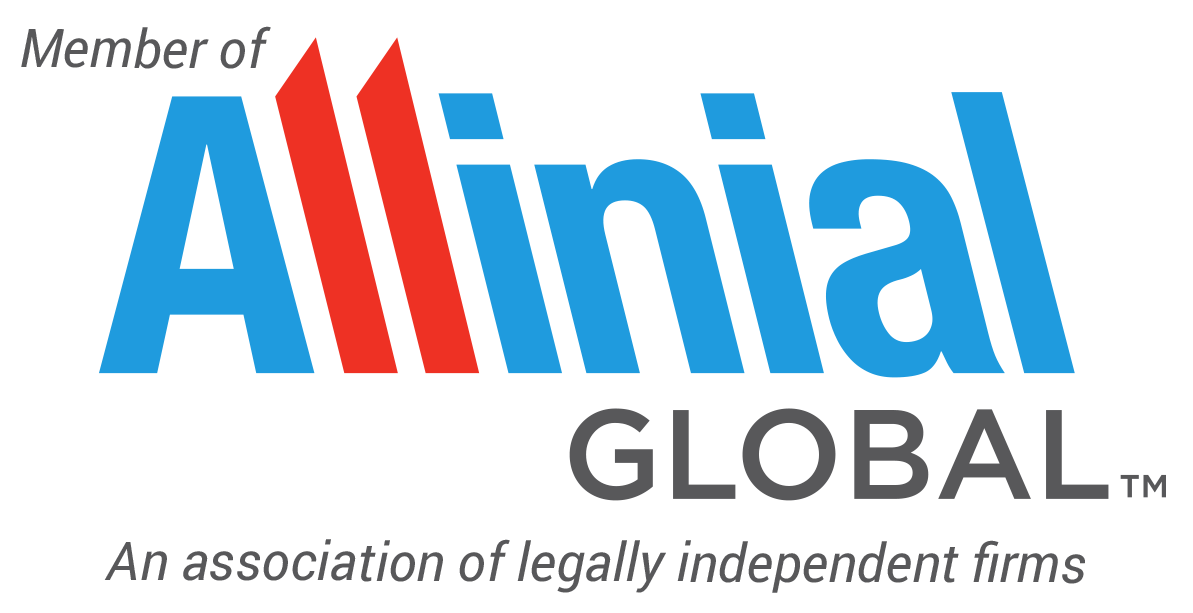Yesterday, the Small Business Administration (SBA) added question #46 to its running list of FAQs, which provided both good news and clarity for Paycheck Protection Program (PPP) borrowers.
Background
Only after thousands of companies received PPP loan disbursements, Treasury Secretary Steve Mnuchin stated the PPP was not intended for large companies with access to capital. Soon after, the SBA released FAQ #31, which explained that “borrowers must assess their economic need for a PPP loan.” Anyone who obtained a loan “based on a misunderstanding or misapplication of the required certification standard” had until May 7th to repay it. Furthermore, FAQ #39 indicated the SBA would review all PPP loans more than $2 million to “ensure PPP loans are limited to eligible borrowers in need.” This news left many businesses, CPAs, and attorneys dumbfounded. Who would determine whether a borrower’s loan request was necessary? How could a borrower’s “need” be objectively measured?
The days ticked away without further guidance on this issue, and the SBA extended the May 7th deadline to May 14th. Business owners struggled with the decision to return their PPP loans or face whatever measuring stick the SBA would use to determine eligibility.
Good News at Last
On May 13th, the SBA released FAQ #46, which provided a safe harbor for PPP borrowers. Borrowers who received PPP loans of less than $2 million will be deemed to have made the required certification concerning the necessity of the loan request in good faith.
The SBA’s reasoning is that borrowers with loans below this threshold are generally less likely to have access to adequate sources of liquidity than borrowers that obtained larger loans. In addition, given the large volume of PPP loans, this safe harbor enables the SBA to “conserve its finite audit resources and focus its reviews on larger loans, where the compliance effort may yield higher returns.”
Borrowers that received PPP loans of $2 million or more must be prepared to defend their need when the SBA comes to call. Should the SBA determine that a borrower did not qualify for a PPP loan, FAQ #46 clarified the consequences. Simply put, the borrower will need to repay the loan and will not be eligible for any forgiveness. If the loan is repaid, the SBA will not pursue “administrative enforcement.” To be clear, borrowers that do not qualify for the safe harbor still do not have clear guidance on what level of liquidity makes a business ineligible to keep its PPP loan. However, it is at least nice to know that you won’t be hit with civil or criminal penalties for a misinterpretation of the certification standard. With that said, fraudulent use of any PPP funds will be punished.
Deadline Extended…Again
Late last night, the SBA extended the deadline to return PPP loans to May 18th (see FAQ #47) “to give borrowers an opportunity to review and consider FAQ #46.”
ATKG Is Here for You
Keep in mind that we are still waiting for the SBA to release guidance on the complexities surrounding loan forgiveness. As always, we are committed to assisting our clients in any way we can. We value the trust you place in us to help you address both the financial opportunities and challenges before you.
For our latest news on the financial impact of COVID-19, visit ATKG’s Coronavirus Newsroom.
Allison Miller is a Senior Manager for ATKG and serves as the head of the firm’s Federal Tax practice. Allison holds both a bachelor’s and master’s degree in accounting from Texas A&M University, having graduated Summa Cum Laude. Arriving at ATKG in August 2017, she comes to us with 10 years of public accounting experience from the Big Four and a great background in retail, non-profit, and wealth management.
For further information on this topic or other tax questions please contact Allison Miller or a member of our Tax practice at 210.733.6611 or amiller@atkgcpa.com.
